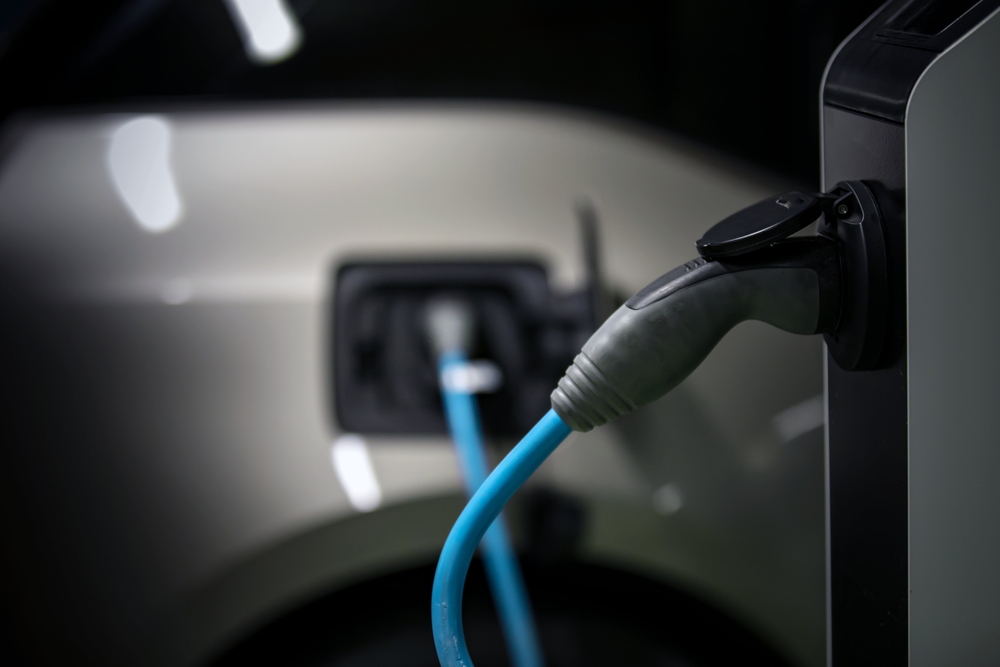
A bipartisan collection of federal legislators introduced legislation this week to expand electric vehicle and hydrogen fuel cell tax credits beyond current unit limitations.
The Driving America Forward Act, proposed by U.S. Sens. Debbie Stabenow (D-MI), Lamar Alexander (R-TN), Gary Peters (D-MI) and Susan Collins (R-ME) along with U.S. Rep. Dan Kildee (D-MI), recognizes that existing tax credits begin to phase out once automakers sell over 200,000 vehicles. It would, therefore, allow an additional 400,000 vehicles per manufacturer to be eligible for credit.
“At a time when climate change is having a real effect on Michigan, today’s legislation is something we can do now to reduce emissions and combat carbon pollution,” Stabenow said. “Our bill will help create American jobs and cement Michigan’s status as an advanced manufacturing hub.”
Electric vehicle improvements over the years have made them a more viable option in terms of range and affordability. Sales have, therefore, increased by more than 80 percent last year, causing two manufacturers to already hit their lifetime, 200,000 vehicle cap. After, the value of their credit decreased by 25 percent over a 12 month period — and ultimately gets phased out entirely.
“Ten years ago there were no mass produced electric cars on U.S. highways, and today, there are about one million and automakers are planning to make millions more,” Alexander said. “The all-electric Nissan Leaf that I bought in 2011 had a hard time getting me from the Capitol to Dulles airport and back. Its real range was about 70 miles. Today’s Nissan Leaf can travel 226 miles on one charge. Investing in American research and technology for better electric vehicles is one way to help our country and the world deal with climate change. I’m glad to cosponsor this important legislation, which will encourage even more production of electric vehicles, create good jobs and boost the economy.”
If the act passes, the additional 400,000 eligible vehicle owners could get up to a $7,000 tax credit, while the original 200,000 would still get the $7,500 credit. After, the value of the new credit would decrease to 50 percent before being phased out over a six month period. The hydrogen fuel cell credit would likewise be expanded through 2028.
To date, 60 organizations throughout the country support the legislation, from the Alliance of Automobile Manufacturers to the Union of Concerned Scientists.